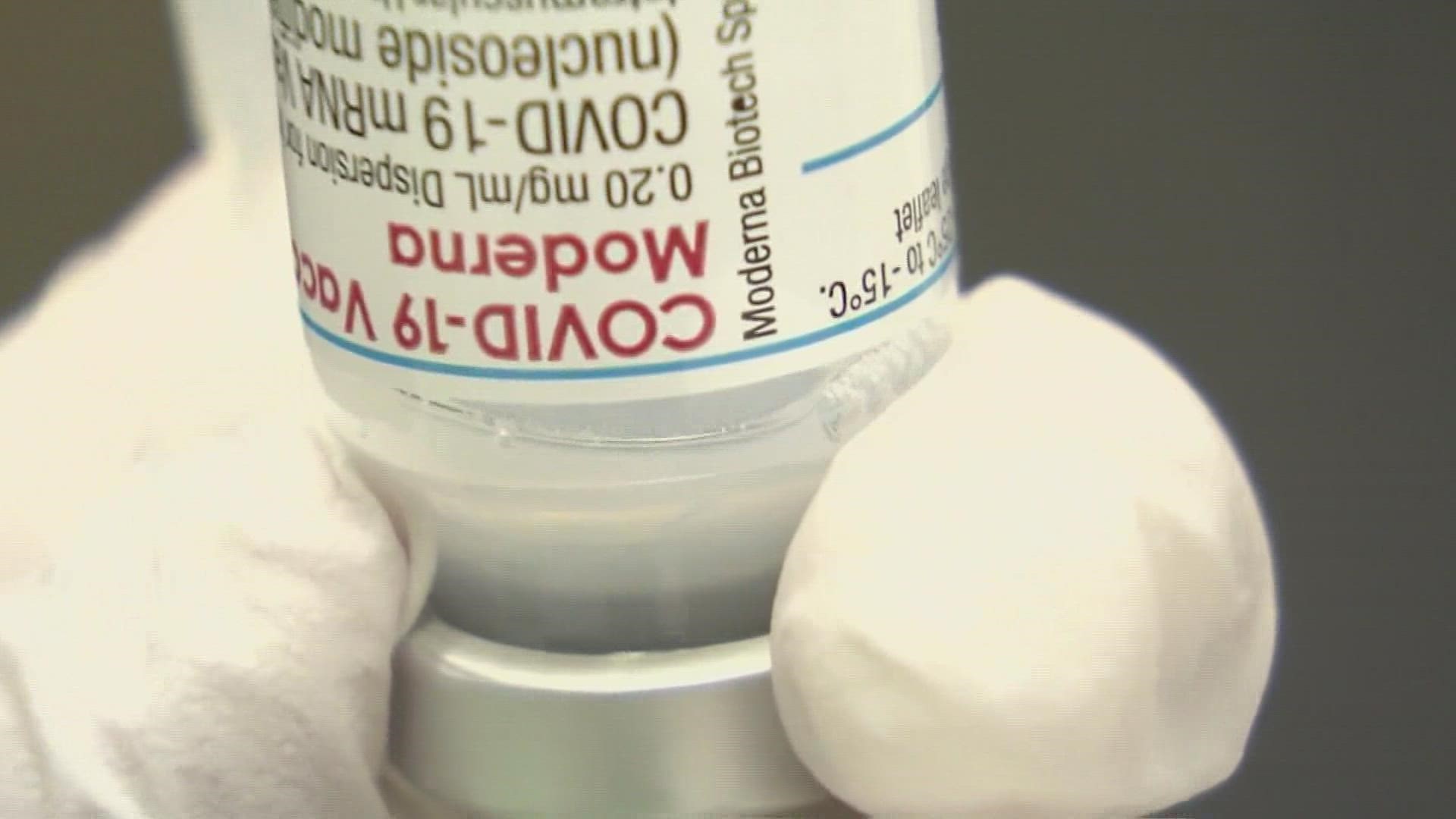MAINE, Maine — There is new hope on the horizon for Mainers and millions of others across the country suffering from post-COVID conditions, also known as long-COVID.
Researchers from Maine Medical Center's Research Institute are recruiting patients for a national study to try to find out why this happening and what patients are at the greatest risk.
More than two years since the first wave of COVID swept the country, and researchers still have more questions than answers.
"We don't know if the different variants are more or less likely once they infect an individual to cause long-COVID," Dr. Cliff Rosen said.
Rosen is the director of the Center for Clinical and Translational Research at the Maine Medical Center Research Institute.
He is one of the principal investigators of a more than half-billion-dollar study, funded by the National Institutes of Health, called Researching COVID to Enhance Recovery or RECOVER Initiative.
Maine is a part of 80 sites across 30 states involved in the study. Scientists are seeking patients who had COVID-19 and recovered, patients who have never had the virus, and people with long-lasting symptoms.
A recent study, conducted in part by the Department of Veterans Affairs, found vaccines lowered the risk of long-COVID by only 15 percent.
"We don't know whether vaccines mitigate the possibility of long-COVID," Rosen explained.
Dr. Gary Gibbons is the director of the NIH's National Heart, Lung and Blood Institute. He said the goal is to uncover why some people have symptoms after initial infection and lingering symptoms. Federal studies show these continue to affect 7 to 23 million people across the U.S.
"Loss of taste, smell, breathing problems, and sleep disturbances are the most common symptoms," Gibbons said.
Doctors also want to know why long-COVID affects a wide range of patients, from those who initially had severe symptoms to others who were asymptomatic.
"Every time I go in, they are diagnosing me with something new," Cynthia Hamilton said.
Hamilton has suffered from sudden rashes, severe fatigue, shortness of breath, and debilitating pain after coming down with the virus two years ago. She has tried everything from brain-based therapies for her neurological symptoms to medications, but her condition continues to decline.
Now, her sons Ryan and Eric are struggling with brain fog, after mild cases of COVID several months ago. She plans to participate in the RECOVER study.
"Finding out why some of us are getting such horrific symptoms would be awesome," Hamilton added.
Answers could be revealed from a clinical study that could start in August, on the effectiveness of a supplement, derived from a plant. Rosen is not disclosing its name at this time.
So far about half of the 90 patients needed in Maine have enrolled in the study. It is taking place at MaineHealth's Scarborough Campus, located at 289 U.S. Route 1. Researchers are hoping to recruit patients from rural areas as well. Participants will complete surveys, blood work, and possibly follow-up testing. For more information on how to sign up for the RECOVER Initiative, go here.

